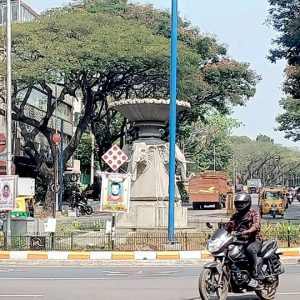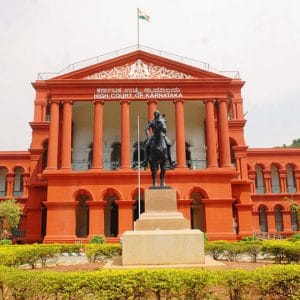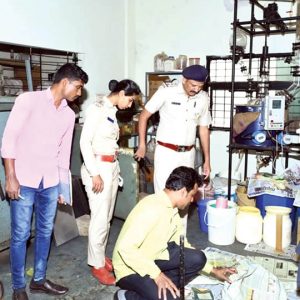The land’s system of several centuries vintage, namely temples and vast areas of agricultural fields to be under the management of informal sets of local individuals enjoying trust of their respective societies, ended a few decades ago, closing the flow of food grains in substantial quantities which the devotees partook in what is familiar to all as daasoha, providing ample food to all without discrimination in all modesty and humility by way of charity. The Kannada word daasoha, drawn from Sanskrit term daasoham meaning ‘I am a servant’ has been interpreted by scholars as ‘charity given with a sense of servitude.’ They have also explained that an effective daasoha must fulfil the condition namely “the food or money or other materials offered in daasoha must have been earned in honest manner.” One is obliged to remark, the foregoing terms ‘modesty,’ ‘humility,’ ‘servitude,’ ‘honesty,’ and ‘charity’ have lost their core spiritual meaning in our times.
While Mutts (religious institutions) and temples across the country, as in Karnataka and also Punjab have sustained the age-old practice of offering food to all visitors to the shrines to this day, some devout in society also practice daasoha in their homes, enhancing one’s own spiritual merit along with satisfaction of being free from the feeling of indebtedness. Mysuru hosts a few of such individuals known for their selfless social service.
Overseeing the temple activities, given the flow of money in large amounts, in addition to gold and silver ornaments adorning the deities in the largely visited temples of Karnataka, the government has virtually transferred their management into the hands of bureaucracy with the space for spirituality virtually vanished. The scene at the various shrines during daasoha, with milling crowds of devotees and the economically weaker sections of society bears similarity to that witnessed in any large gatherings of celebrating marriages, birthdays, anniversaries, felicitations to well-marked individuals in society and other ceremonies, including lunches in memory of departed souls. The similarity that stands out is the feature of substantial and excessive quantities of food served to the invitees and unashamedly left behind to be thrown away as garbage.
A few voluntary groups, in some cities including Mysuru, are doing yeoman service in carefully gathering surplus food from pre-selected locations and reaching the same to orphanages hosting children. Their efforts of avoiding wastage of food, supplemented by the practice of serving food in celebratory functions similar to daasoha amounts to expressing our gratitude to the growers of food.








Recent Comments